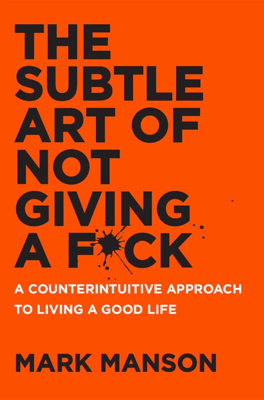Don’t Try
Charles Bukowski's Unconventional Path to Success
Charles Bukowski, an unlikely role model, led a troubled life marred by alcoholism, gambling, and general disenchantment with life, yet his journey illustrates profound lessons in personal success and authenticity. Bukowski pursued writing for years despite constant rejection and criticism, labeling his work as crude and distasteful. His persistence mixed with a carefree attitude about success ultimately led him to publish numerous works, achieving widespread acclaim.
At the age of fifty, he transitioned from a menial post office job to a full-time writer when an independent publisher took a chance on him, allowing him to publish Post Office in just three weeks. Bukowski's success story, paradoxically marked by his stone epitaph "Don’t try," challenges the traditional narratives of relentless effort and optimistic persistence. Instead, his life underscores the power of embracing one’s flaws and limitations, and finding success by simply being true oneself without pretense or façade.
Critique of Modern Self-Help and Societal Expectations
Modern culture bombards us with expectations: to be happier, wealthier, and continuously improving, causing a relentless focus on what we lack rather than appreciating what we already have. This chapter argues that this outlook leads to a Feedback Loop from Hell, where dissatisfaction breeds more dissatisfaction, trapping individuals in perpetual misery. The key to breaking this cycle, according to the text, is to care less about trivial concerns and redirect our energies to what truly matters.
The Subtleties of Not Giving a Fuck
Differentiation, Not Indifference: Not giving a fuck doesn't imply apathy but rather the ability to be comfortable being different, making choices based on what truly matters rather than societal expectations or trivial irritations.
Choosing What to Care About: It involves prioritizing and dedicating oneself to meaningful causes and actions that align with personal values, ignoring adversities that do not affect these core concerns.
Conscious Choice: Recognizing that caring or not caring is always a choice can empower people to focus their energies more judiciously. This choice, the chapter suggests, is an expression of true maturity, acknowledging that not everything holds the same weight in our lives.
Practical Enlightenment Through Acceptance
The chapter concludes by promoting a form of 'practical enlightenment,' achieved not through the pursuit of perpetual happiness but through the acceptance of life's inherent struggles. By accepting and even embracing the inevitability of suffering, individuals can achieve a form of resilience and invincibility. It argues that true personal growth stems from learning how to lose and let go, rather than accruing successes or material validation.
This philosophy, rooted in personal acceptance and focusing on what truly matters, provides a compelling counter-narrative to the relentless positivity and goal-oriented focus of contemporary self-help movements.
